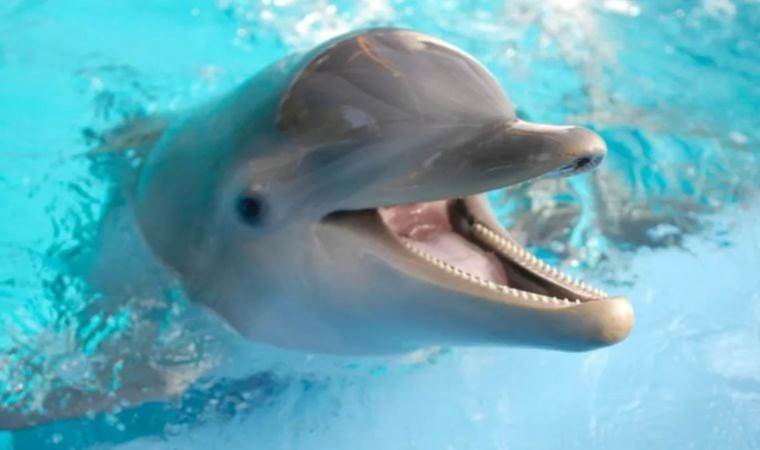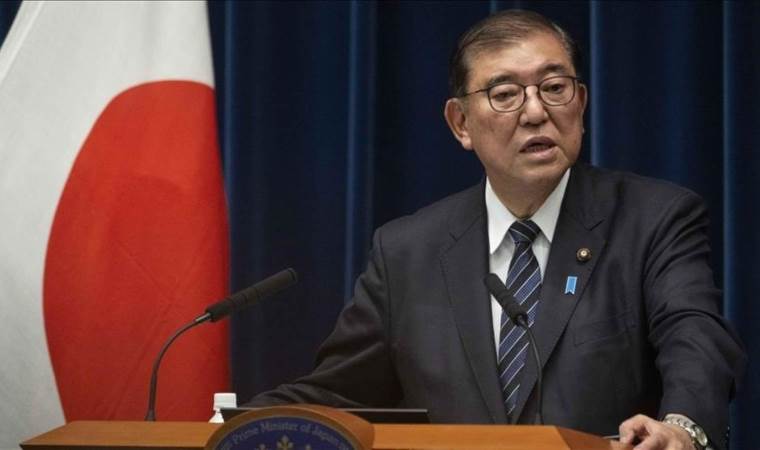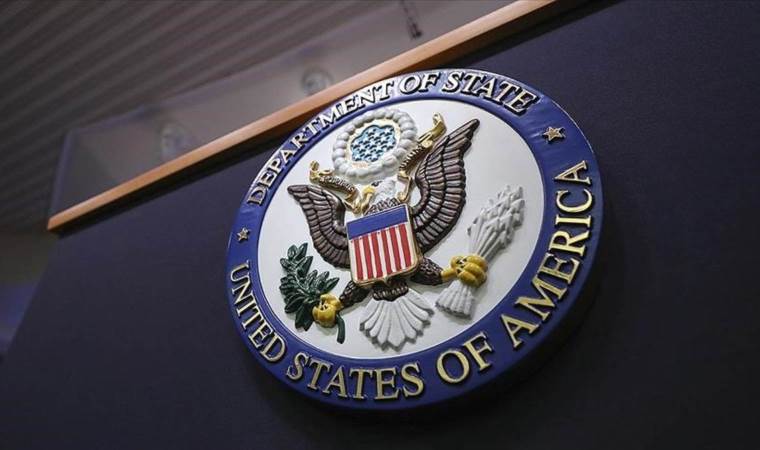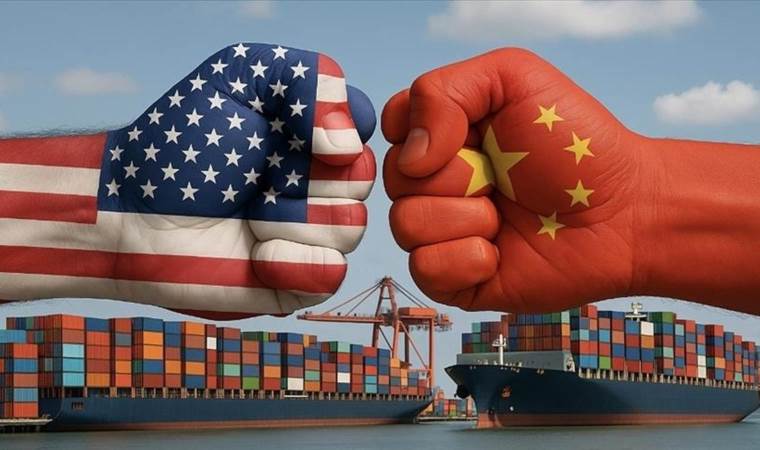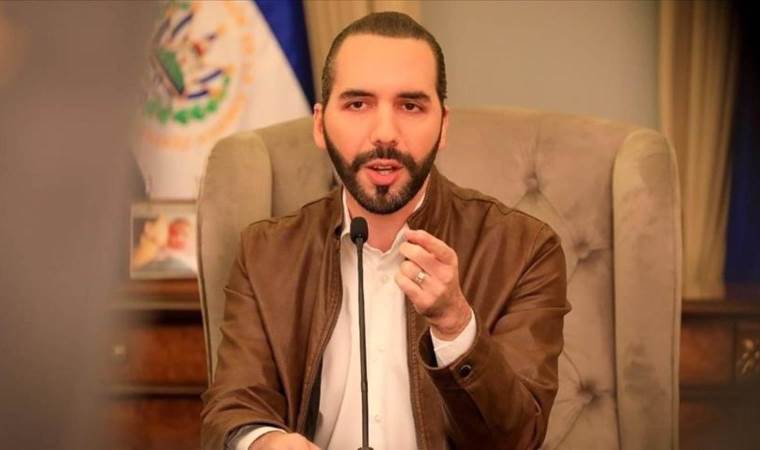New research suggests Vikings met Indigenous Americans centuries before Columbus
A new study suggests that Norse peoples of the Viking Age may have encountered Indigenous North Americans while hunting for walrus ivory in the High Arctic, centuries before Christopher Columbus's arrival. This discovery is viewed as one of the earliest examples of prehistoric global interactions.
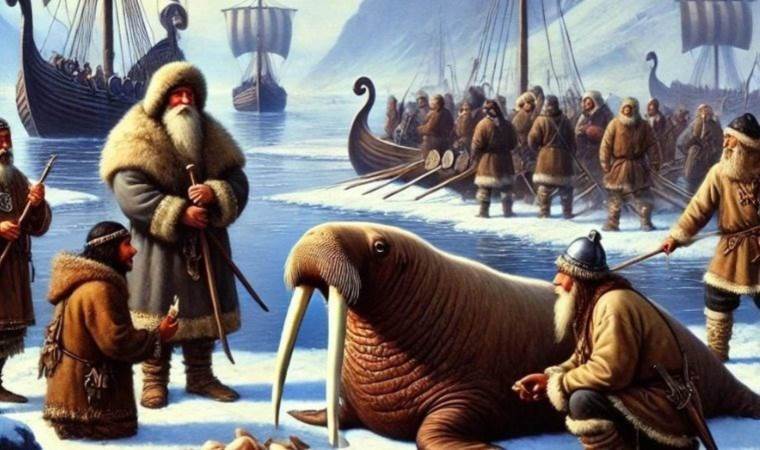
Research from Lund University in Sweden indicates that Vikings traveled to more distant and isolated hunting grounds to acquire ivory than previously thought, likely establishing contact with Indigenous Americans in the process.
IVORY TRADE AND VIKING SETTLEMENTS
During the Middle Ages, walrus ivory was a highly valued trade commodity, supplied by Norse intermediaries. The Norse expanded across the North Atlantic, establishing settlements in Iceland and Greenland in search of this product. These settlements became central to the ivory trade and played a significant role in the economic structure of Norse societies.
IDENTIFICATION OF HIGH ARCTIC HUNTING GROUNDS
A study published in Science Advances reveals that walrus ivory imported from Norse settlements in Greenland originated from hunting grounds well beyond traditionally known areas, specifically in the distant High Arctic. Using high-resolution genetic sourcing methods, the research team identified that the ivory was obtained from remote hunting areas, such as the North Water Polynya in northern Baffin Bay, located between Greenland and Canada.
CONTACT BETWEEN VIKINGS AND INDIGENOUS AMERICANS
When Vikings ventured into these remote regions, they likely encountered other cultures and engaged in trade. Particularly, the Thule Inuit, ancestors of modern Inuit populations, may have interacted with the Indigenous peoples living in these areas. Researchers propose that Vikings may have collaborated with Indigenous peoples in the ivory trade as a result of these encounters.
EARLY EVIDENCE OF GLOBAL INTERACTIONS
This finding provides crucial insights into how global interactions began in the early stages of human history. The potential contacts between Vikings and Indigenous Americans are considered one of the first instances of "full cycle" global connections in human history. These interactions indicate that communities expanding outward from Africa thousands of years ago converged in the northern world.
Most Read News
-
 Pope Francis dies at 88 after prolonged illness: Vatican
Pope Francis dies at 88 after prolonged illness: Vatican
-
 Kremlin ‘satisfied’ with US position ruling out NATO mem
Kremlin ‘satisfied’ with US position ruling out NATO mem
-
 Russia, Ukraine report airstrikes as Putin’s Easter ceas
Russia, Ukraine report airstrikes as Putin’s Easter ceas
-
 Trump ‘values’ talks with Japan, says Premier Ishiba ami
Trump ‘values’ talks with Japan, says Premier Ishiba ami
-
 US scales back development, diplomatic presence in Afric
US scales back development, diplomatic presence in Afric
-
 Israel bans Palestinian minister from occupied West Bank
Israel bans Palestinian minister from occupied West Bank
-
 At least 33 civilians killed in RSF shelling of Sudan’s
At least 33 civilians killed in RSF shelling of Sudan’s
-
 Gold price exceeds $3,400 to reach new record high amid
Gold price exceeds $3,400 to reach new record high amid
-
 China sanctions US lawmakers, officials, NGO heads
China sanctions US lawmakers, officials, NGO heads
-
 El Salvador’s president calls on Maduro to release Venez
El Salvador’s president calls on Maduro to release Venez

